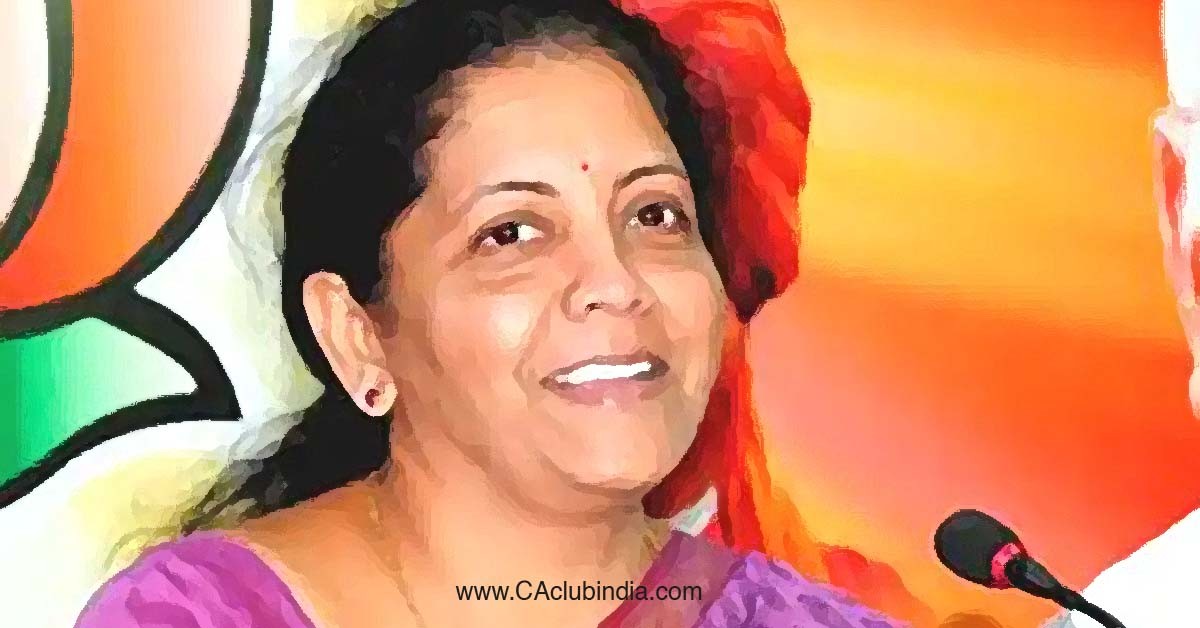In a bid to address borrowing challenges and stimulate investment, Finance Minister Nirmala Sitharaman on Monday urged banks to make interest rates "far more affordable." Speaking at the SBI Conclave, she highlighted how high borrowing costs are causing stress for individuals and businesses, potentially hindering India’s growth ambitions and the vision of "Viksit Bharat" (Developed India).
Need for Lower Lending Rates
Sitharaman underscored the importance of competitive lending rates to encourage industries to expand their capacities and invest in new facilities. "The cost of borrowing is very stressful at a time when we need industries to ramp up. Bank interest rates must be more affordable," she stated, calling for a broader discussion on the role of interest rates in economic growth.

Inflation and Food Price Challenges
Addressing inflation concerns, Sitharaman pointed out that periodic spikes in the prices of perishables like tomatoes, onions, and potatoes were driving up inflation figures. October's inflation rate stood at 6.2%, exceeding the Reserve Bank of India's (RBI) comfort zone. While acknowledging these challenges, she emphasized that the government was actively managing food supply issues to stabilize prices.
Mis-selling of Insurance by Banks
The finance minister also flagged the issue of mis-selling insurance policies by banks, urging them to prioritize their core functions of raising deposits and lending. She noted that mis-selling indirectly increases borrowing costs for consumers. Despite banks becoming significant distributors of insurance products, no penalties have been imposed for such practices.
Economic Resilience Despite Slowdown Concerns
Sitharaman reassured that India’s economy remains robust despite concerns over slowing demand, citing strong macroeconomic fundamentals, moderating inflation, fiscal consolidation, and a robust external position.
High Interest Rates Impacting Growth
The finance minister’s remarks come amidst criticism from companies and policymakers that high interest rates and tightening credit by non-banking financial companies (NBFCs) are dampening consumer demand. This sentiment is echoed by Commerce Minister Piyush Goyal, who recently criticized the use of interest rates to control food prices as "flawed."
Sitharaman's call for affordable lending rates is seen as a strategic move to balance inflation control with growth-oriented policies, reinforcing the government’s commitment to sustainable economic development.





 CAclubindia
CAclubindia
